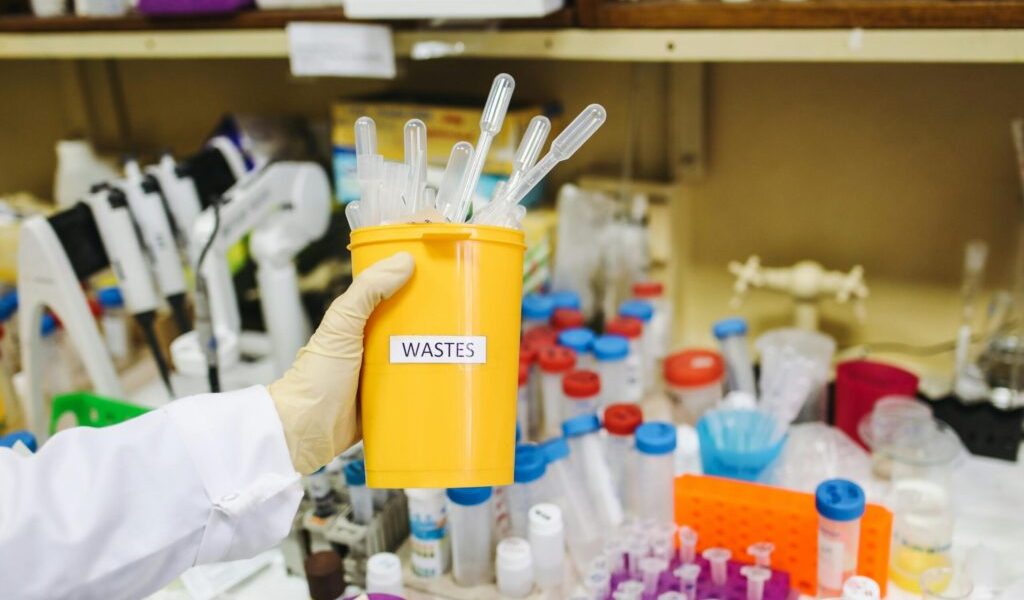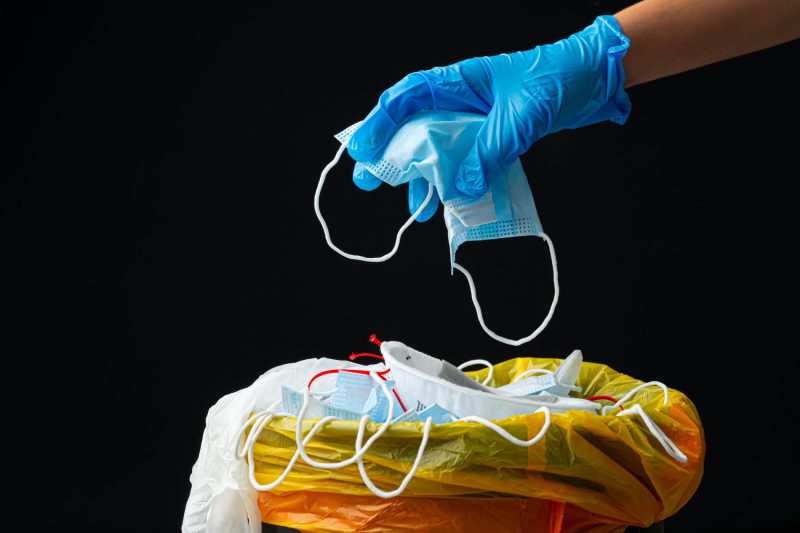
Effective Pathological Waste Disposal: Ensuring Safety, Compliance, and Sustainability
Proper disposal of pathological waste is a crucial aspect of healthcare operations, particularly in states like Virginia, where stringent regulatory standards apply. A reliable VA pathological waste disposal company plays a pivotal role in managing and disposing of this category of medical waste, typically including tissues, organs, and body parts removed during surgery or autopsy. These substances necessitate meticulous management owing to the significant hazards they present to both human health and ecological integrity. Ideal companies operating in this sector are marked by secure handling, regulatory compliance, and a commitment to sustainable practices.
All Waste Is Handled Securely
Security in the handling of pathological waste begins with containment and continues through transportation to final disposal. Esteemed firms operating in Virginia employ hermetically sealed, puncture-resistant receptacles that are distinctly labeled in strict adherence to both federal and state regulatory frameworks. Collection staff are trained in occupational safety procedures to prevent exposure, contamination, and unauthorized access to medical waste.
Transportation is executed using specially licensed vehicles that adhere to Department of Transportation (DOT) guidelines. The chain of custody is rigorously preserved to mitigate the risk of mismanagement, tampering, or unauthorized diversion. In many cases, disposal companies provide secure tracking systems, allowing healthcare facilities to verify when and how waste is processed.
These measures are critical in safeguarding public health and protecting facility staff, patients, and the wider community from the potential hazards associated with improper waste handling.
Facilities Maintain Compliance
Ensuring regulatory compliance in pathological waste disposal extends beyond merely following written protocols—it requires a proactive, systemized approach. Leading disposal companies in Virginia implement comprehensive compliance programs that include continuous staff training, internal audits, and real-time monitoring of waste handling processes. These firms often invest in compliance management software to track evolving regulations and maintain detailed documentation, which not only facilitates inspections but also reinforces a culture of accountability and operational integrity.

Facilities used for the treatment and disposal of pathological waste—whether through incineration, autoclaving, or other approved methods—must hold valid permits and undergo regular inspections. Documentation and recordkeeping are also essential. Companies are expected to provide manifests and certificates of destruction to their clients, serving both as a legal safeguard and a measure of transparency.
Compliance not only ensures the safety of communities and the environment but also shields medical institutions from potential legal liabilities and fines.
Sustainable Practices Are Utilized
While pathological waste disposal has traditionally relied on incineration due to its effectiveness, the environmental impact of this method has prompted many companies to adopt more sustainable approaches. In Virginia, leading disposal providers are investing in cleaner technologies and greener alternatives.
These may include energy-efficient incineration units equipped with advanced emissions controls or the use of hybrid waste-to-energy systems. Some companies also work with hospitals and laboratories to implement waste reduction strategies upstream, thereby minimizing the volume of waste that needs to be disposed of in the first place.
Education and training programs are frequently offered to help healthcare providers better understand segregation practices. By correctly categorizing waste at the source, institutions can reduce the amount of material classified as pathological, further lowering environmental and operational costs.
Sustainability in pathological waste management not only contributes to environmental conservation but also aligns with the broader goals of public health.
Conclusion
The safe and efficient disposal of pathological waste is a critical element of modern healthcare infrastructure in Virginia. Companies that set the standard in this field focus on secure handling, unwavering regulatory compliance, and sustainable operational practices. By doing so, they ensure the protection of both public health and the environment while supporting healthcare institutions in fulfilling their legal and ethical responsibilities. Choosing the right VA pathological waste disposal company can significantly improve a facility’s waste management outcomes and reduce long-term risks.




